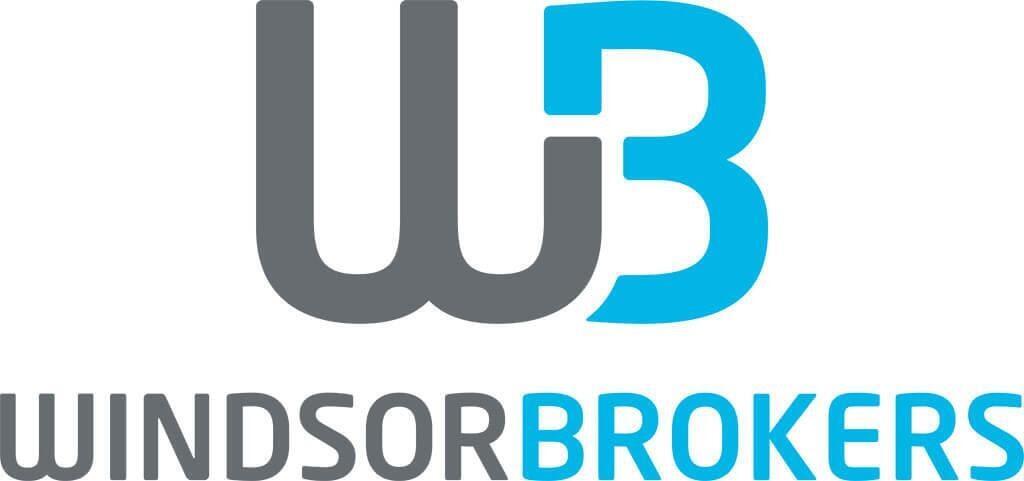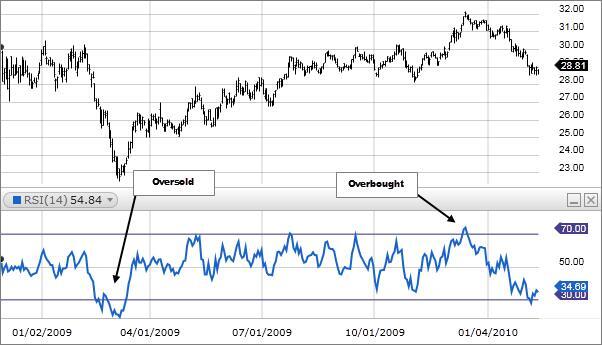
They will prepare checks, obtain signatures and disburse checks as required. Finally, they will track assets, paid invoices and depreciation schedules. Entry-level accountants should have strong interpersonal skills that will enable them to effectively work well in a team environment. Finally, all accountants must have the highest levels of ethics and integrity.
- CPAs have a wide range of career paths other than becoming accountants.
- Before you get started, you should check with your state’s licensing board to determine the exact qualifications you need to meet.
- CPA is a license awarded by the state you want to work in, which allows you to practice as an advanced accountant.
- All of the study books and registration guides can be found on the AICPA website.
- Some schools offer five-year, dual-degree programs that award both a bachelor’s and a master’s degree in accounting.
For example, some law enforcement agencies hire CPAs to investigate financial crimes. Aspiring accounting professionals seeking to maximize their options generally choose to pursue licensure. According to the AICPA, the majority of U.S. jurisdictions offer licensure paths to candidates with two years of relevant professional experience. Most states accept general accounting experience acquired in roles open to all accounting professionals.
What The „Fauci Effect“ Means For Med School Applications
You may choose to specialize in a particular area, such as forensic services, taxes, or working within an industry like health care. Alternatively, depending on your career path, you can focus on a wide spectrum of accounting services. Yes, you should get a CPA even if you don’t want to become an accountant. Your CPA certification will help you in whatever career path you choose to take. If you want to work in finance, management, or at the executive level in large companies, having a certified public accountant credential will help advance your career.
At this point in your career, you won’t even be behind your peers who do intend to become CPAs, since they are still gaining the experience to be eligible for the credential. Instead of working in-house for any one corporation or organization, public accountants provide their services to multiple clients and act in an external consulting capacity. As an aspiring CPA, you might want to consider an online accounting degree program, which offers convenience and flexibility, especially when working full time while going to school. You might like to consider the Online Master’s of Accounting (iMSA), offered by the University of Illinois Urbana-Champaign.
Non-Accountants’ Guide to Becoming a CPA
Massachusetts requires 21 credit hours of accounting classes and has extra rules about which courses must be included in these 21 credit hours. CPA exam candidates do not need formal work experience to take the test. However, those who pass the test need to acquire experience before qualifying for full licensure.
Thus, after you complete your education and pass the CPA exam, you will need to complete a qualified CPA work experience program. A master’s degree can be valuable while going through the CPA licensure process, but the two are not interchangeable. CPAs are legally allowed to perform different tasks than other accountants, even those who have a master’s degree in accounting. CPAs are the most trusted in their field because they are held to a higher standard of ethics and expertise. Candidates need a minimum of one year of experience in accounting, auditing, taxation or attestation, AICPA says. In total, this is approximately 2,000 hours, and the experience must be verified by a licensed CPA.
Public Sector Conference
The two main CPA alternatives that they can pursue are the CFA and CMA designations. At the moment Maine, Hawaii, Massachusetts, Georgia, and Alaska don’t require you to have an accounting degree. Keep in mind that you https://online-accounting.net/ don’t actually have to take the exam in the state that you are planning to become certified. You can take the exam at any Prometric testing center in the country regardless of whether it is in your state or not.

Both credentials give you expansive accounting and finance career opportunities with a slightly different focus. CPAs are required to maintain their license through continuing education courses, including ethics. If you are already close to graduating, NASBA recommends how to calculate fifo and lifo looking through every state’s qualifications and picking one that matches your needs. NASBA also offers a research engine called the Accountancy Licensing Library, which generates a report of which states’ CPA schooling requirements best align with your education.
Meet The Work Experience Requirements
Before you are eligible to sit for the CPA exam, you must first meet the minimum education requirements set by your State Board of Accountancy. In conclusion, while a college degree in accounting is the traditional path to becoming a CPA, alternative routes exist for individuals without a degree. By accumulating accounting credits, gaining practical experience, and passing the CPA exam, you can achieve your goal of becoming a Certified Public Accountant. Dedication, continuous learning, and a strong work ethic will be essential throughout your journey towards this prestigious designation, allowing you to thrive in the accounting profession. Indiana Wesleyan University in Marion, Indiana, offers an accounting master’s online program with accreditation from ACBSP.
- The four content areas of the exam are conceptual framework, standard-setting and financial reporting; select financial statement accounts; select transactions; and state and local governments.
- Entry-level accountants should be familiar with standard accounting software and accounting information systems.
- However, you may face limitations on your employment options and advancement potential.
- The ethics exam is a multiple-choice test and it is administered as an open-book test.
- The CPA Exam is difficult for any number of reasons, not the least of which is the breadth of tested material.
The typical salary for a CMA is considerably higher than without these credentials. You can also always look into CPA tutoring options to help you fill in any gaps you may be finding as a non-accounting degree holder. The CPA certification process is a lot of work but remember that you don’t have to go through it alone.
This chart is a breakdown of key state requirements (like citizenship and residency) you need to fulfill for licensure. Becker’s CPA Exam Review provides a rigorous CPA Exam Review and coaching system to give you the right tools to prepare you mentally and emotionally for the CPA Exam. Preparing for the CPA Exam may not be quick or easy, but with the help of Becker, you’ll have the tools, resources and support you need to pass. More than one person has compared preparing for the CPA Exam to running a marathon. The big difference is that although some of us might have run a physical marathon, we’ve all run an academic marathon in completing our college education.
$160 Off on Aceable Agent Premium Exam Packages
Most four-year degrees will leave you with 120 hours, which is why many students turn to a master’s program to help them reach the 150 mark. If you’re a non-accounting major, this can be an opportunity for you to take accounting classes to boost your credits. In addition to the work experience, you may also need to fulfill specific educational requirements and pass the CPA exam. It is important to reach out to your state board of accountancy to understand the exact requirements and steps you need to take in your specific jurisdiction. Many states in the US offer alternative pathways for individuals without a degree to become licensed as CPAs. However, it is important to note that these alternative routes typically require a certain level of education and experience in accounting or a related field.
Faces of the Pack: Jay Jordan and Addie Heithecker – University of Nevada, Reno
Faces of the Pack: Jay Jordan and Addie Heithecker.
Posted: Tue, 05 Sep 2023 23:18:59 GMT [source]
Certified Public Accountants (CPAs) are highly trusted in their industry, and for good reason. Becoming a CPA is a rigorous process that opens up career opportunities. As a CPA, you could work from home, building a network of clients and helping businesses prepare their taxes each spring. You could also be the CFO of a startup, helping to prepare it for acquisition or public trading.
California CPA requirements
The food must be delicious, the cocktails and wine must be a perfect match, and the decor needs to impress without being over the top. With all that going on, it’s amazing that she gets any time to write about her thoughts on securing the dream job. As with any profession, salaries vary by geography, experience, education, and company size. But the consistent high demand for CPAs is good news for CPA salaries. Whether you’re an international student or just hope to take the exam in another country, we’ve got the resources to help you prepare. What some employers have discovered (like the one above) is that it really isn’t that hard to check on whether or not somebody knows their stuff.
If you haven’t decided which jurisdiction you want to pursue your CPA license, you can use NASBA’s Internal Evaluation Services to check your tentative eligibility for a state jurisdiction. You can check individual states for $225 or have the service choose the three best jurisdictions that they can apply to for a fee of $350. Most states except North Carolina support the results of NASBA’s International Evaluation Services. Each state’s requirements are slightly different, so let’s take a look at each. Accountants perform essential tasks across all industries, and their pay matches that responsibility. The U.S. Bureau of Labor Statistics (BLS) places accountants and auditors in the same category.
